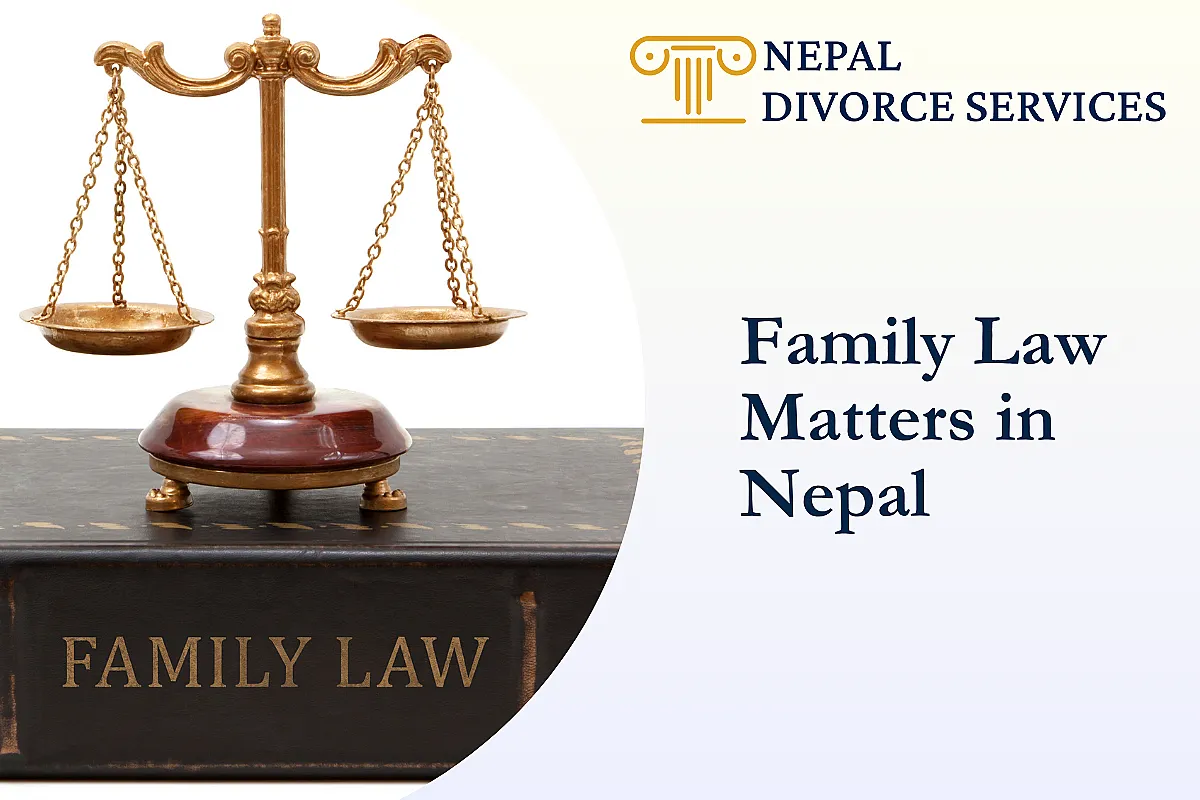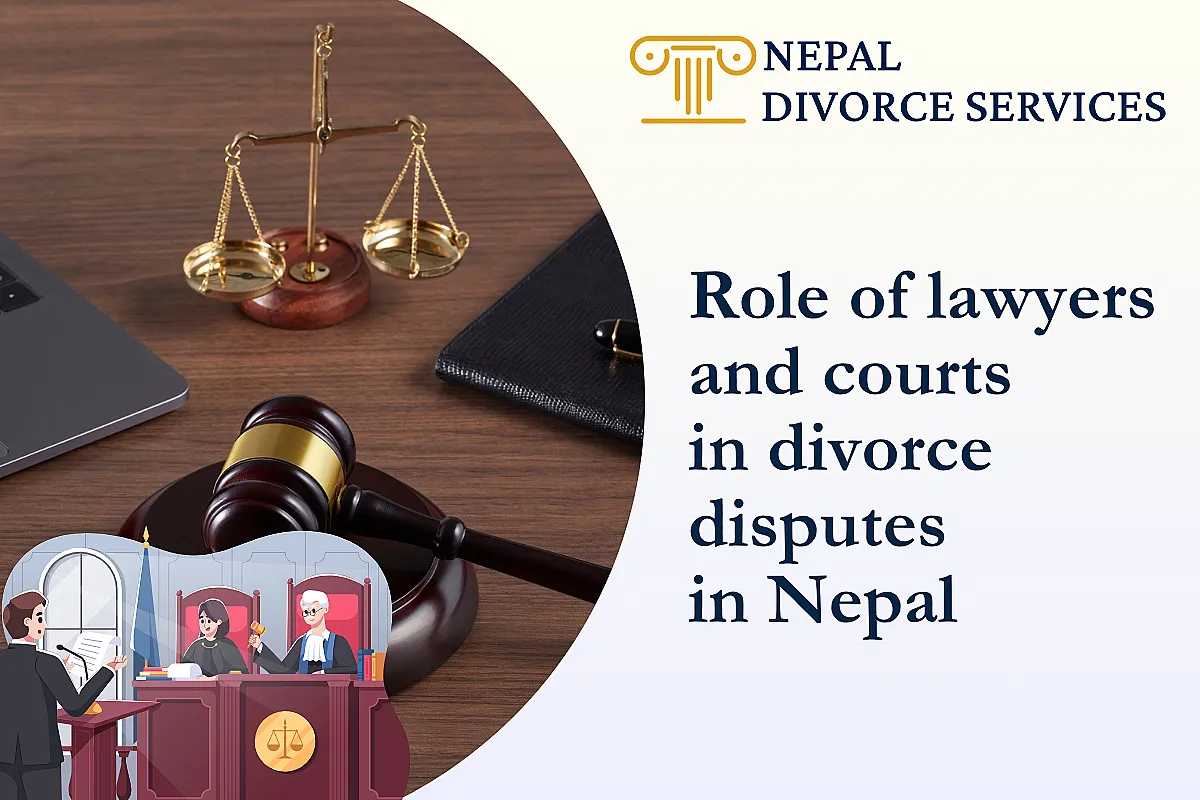Tag : Spousal Support Attorney
Family Law Matters in Nepal
Family Law Matters in Nepal is a broad topic that covers various issues and aspects of family relations and domestic affairs. According to my search, family law in Nepal is mainly governed by Part 3 of the Muluki Civil Code 2017, which sets out the legal provisions on matters such as marriage, divorce, partition of property, succession, adoption, child custody, alimony, etc. However, family law in Nepal is also influenced by other sources of law, such as the Constitution of Nepal, the National Civil Procedure (Code) Act 2017, and the customary laws and practices of different ethnic and religious groups.
What You Need to Know About the New Divorce Law in Nepal (2084)
Divorce is the legal end of marriage that allows the spouses to marry again. In Nepal, divorce is governed by the Muluki Civil Code 2074, which came into effect on 17 August 2017 (2074). The new divorce law has introduced some changes and improvements to the previous legal provisions of Nepal regarding divorce. Divorce used to be informal in ancient times. The wife could simply leave her husband's house with her dowry and get divorced. There was no need to go to court like now. The formal legal process of divorce was started by Jung Bahadur in 1910 BS. At that time, only the wife could file for divorce. The new divorce law has opened the door for the husband to file for divorce as well.
The role of lawyers and courts in divorce disputes in Nepal
Divorce is the legal dissolution of marriage between a husband and a wife. Divorce can be a complex and contentious process that involves various legal issues such as grounds for divorce, alimony, child custody, child support, property division, and debt allocation. Therefore, the role of lawyers and courts in divorce disputes in Nepal is crucial to ensure that the rights and interests of both parties are protected and that the divorce is fair and reasonable.
Divorce by Mutual Consent in Nepal
This article explains the legal way for couples to end their marriage without placing blame on each other. It covers the process, advantages, disadvantages, and legal advice of divorce by mutual consent in Nepal.
How the Civil Code 2074 (2017) reformed divorce and family law in Nepal
Divorce and family law are the legal aspects that govern the formation, dissolution, and consequences of marriage and family relationships. Divorce and family law can affect various issues such as grounds for divorce, alimony, child custody, child support, property division, debt allocation, inheritance, adoption, etc. Divorce and family law can have significant impacts on the rights and interests of both spouses and their children.
Is divorce in Australia valid in Nepal?
Divorce is the legal termination of marriage between a husband and a wife. Divorce can have various legal, social, and emotional implications for both parties and their children. Different countries may have different laws and procedures for divorce. Therefore, it is important to know whether a divorce obtained in one country is valid and recognized in another country. In this article, we will explore whether a divorce obtained in Australia is valid and recognized in Nepal. We will also discuss the conditions and requirements for obtaining a divorce in both countries.
New Divorce Process in Nepal (2026) – Easy Guide to all the Latest Provisions
Divorce is the legal termination of a marriage between two spouses. It can be a difficult and stressful process, especially when there are disputes over property, custody, alimony, or other issues. However, the divorce process in Nepal has been simplified and updated by the new Civil Code 2074 (2017), which came into effect from 1st Shrawan 2075 (17th July 2018). This article will provide you with an easy guide to all the latest provisions of the divorce process in Nepal.
Divorce Process for Foreign Citizens in Nepal
This article provides a detailed overview of the divorce process for foreign nationals in Nepal, highlighting key steps like residency criteria, petition filing, and court procedures. It also addresses specific concerns such as asset division, child custody, and spousal support. Whether both or one of the spouses is a foreign national, the article outlines how to navigate Nepal's legal system with the help of experienced divorce attorneys. The importance of legal representation and ensuring that the divorce is recognized internationally is also discussed.


-medium.webp)


-reformed-divorce-and-family-law-in-Nepal-medium.webp)

-–-Easy-Guide-to-all-the-Latest-Provisions-medium.webp)
